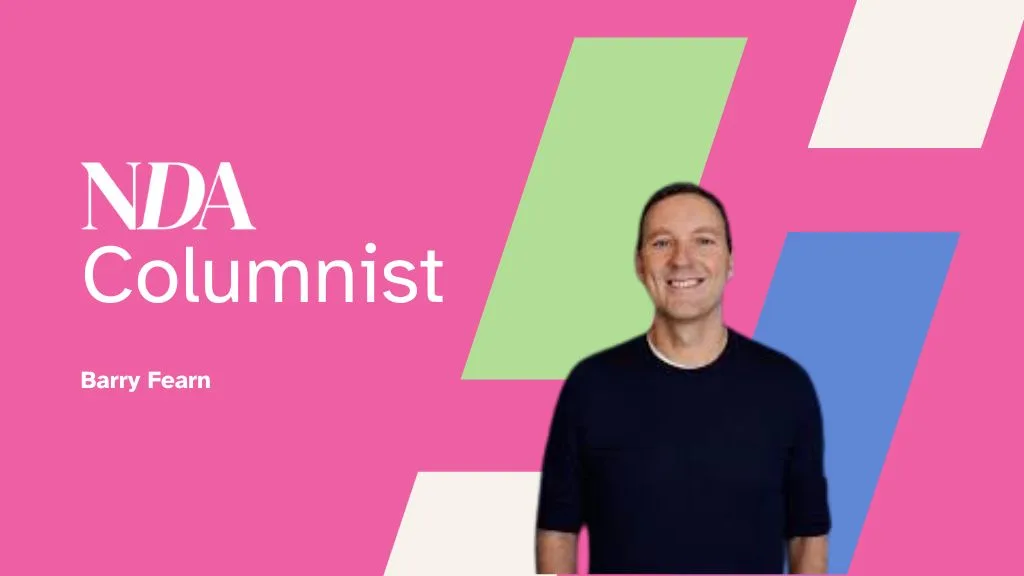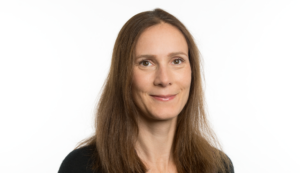By Barry Fearn, Founder and Managing Director of Lane Media and a columnist for NDA
As a Londoner living in Edinburgh, I have broadly spent half of my professional career in each capital city and still regularly travel between the two for both business and pleasure. So, I feel relatively uniquely placed to discuss the nuances of the advertising and media landscape between the two cities.
Shifting sands
In Scotland, where my own business is based, on paper, the Advertising and Marketing industry is in rude health, but scratching beneath the surface tells a slightly different story…
On one hand, the Scottish advertising and marketing industry (both agencies & in-house marketing teams) generate a total economic contribution to Scotland worth £1.7 billion GVA (gross value added) and more than 40,000 jobs – numbers not to be sniffed at.
But, a recent independent study by Credos, the Advertising industry’s think tank, highlights that, like the rest of the UK and much further afield, the vast majority of total media spend emanating from Scotland is now spent with the US-based online media giants, Google (Alphabet) and Meta, with the latest estimate of 75% of advertising spend in Scotland going to paid search, paid social and other online media channels.
Whilst this is far from unique to Scotland, with the UK as a whole increasing expenditure on online media by more than £15bn in the reported period (2015-2021), this has already decimated many local and regional media channels and put significant financial pressure on multiple media owners, as is well documented.
The worrying trend is that continuous changes in media channel fragmentation and the subsequent related media spend over the last decade or so, has contributed directly to the decline in employment in Scottish advertising and media agencies – decreasing by a whopping 35%. It’s an ominous warning sign for the future.
Conversely, in London and elsewhere within the UK, employment in these sectors has increased – meaning Scotland’s share of agency roles has decreased to just 2% across the UK, around 50% of its historic high.
There are multiple reasons for this – and it’s certainly not as simple as the bright lights of London attracting native Scottish talent. The rise of Manchester as a powerhouse for digital talent being just one example.
Historically, Scottish agency leaders bemoaned talent ‘lost to London’, but previous studies have countered that whilst migration of Marketing talent to London sat at 4% (pre-2020), those migrating back to Scotland was a positive 3% – making net migration between the capitals only 1% p/a.
Within this statistic lies a positive nuance – many of those returning to Scotland brought back their experience large agencies and larger brands, typically with bigger budgets, and greater exposure to the art of the possible that goes with them.
The historic and current connection between the two capitals is significant. Whilst I can draw on my own experience of the varying professional benefits of both worlds, I have also been fortunate enough, as the host of the Leading Conversations Podcast, to interview many successful people, both from agency and client-side marketing roles who have worked both north and south of the border.
Looking ahead
Undoubtedly, there is concern for the future growth prospects of the sector in the land I am proud to call my home. As an industry, we must do more to protect and regrow, potentially starting with reducing our collective reliance on the likes of Meta and Google and the growing influence on some of the other members of the ‘Big 7’ tech companies.
Perhaps our future Government leaders can refocus on bringing back large companies to Scotland, enabling the agency sector to regenerate locally.
Perhaps marketing decision makers at some of the largest Scottish brands could reassess their ties to agencies south of the border and be open minded to re-evaluate the undoubted talent we have north of Hadrian’s Wall – in addition to our agency business leaders collectively continuing to expand our horizons both south of the border and further afield internationally.









